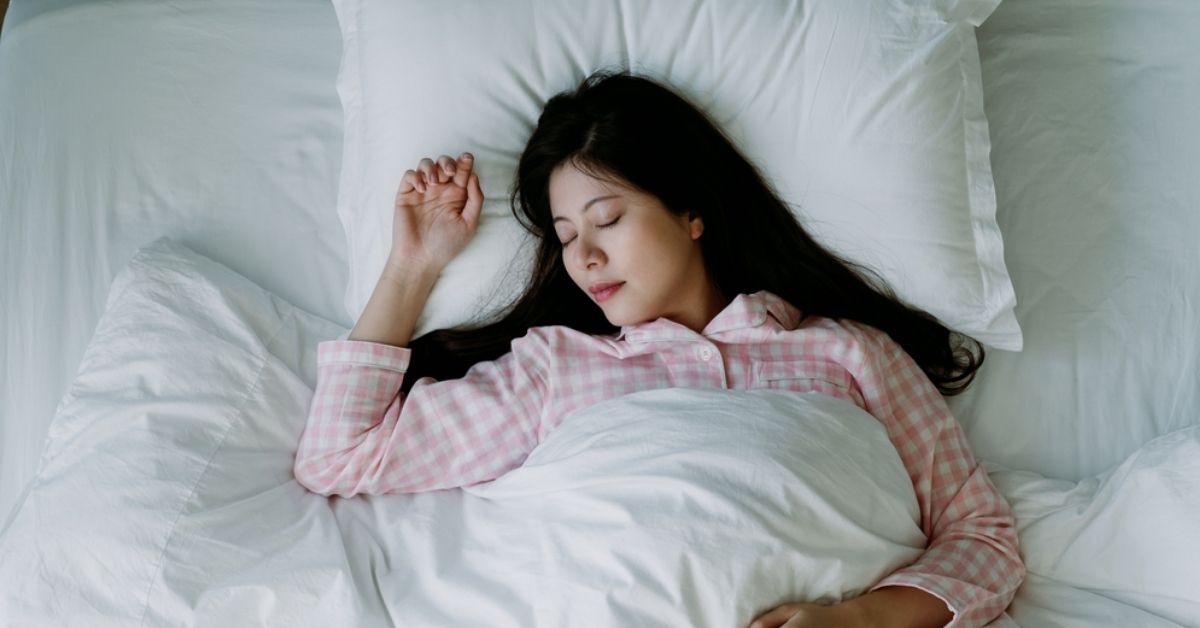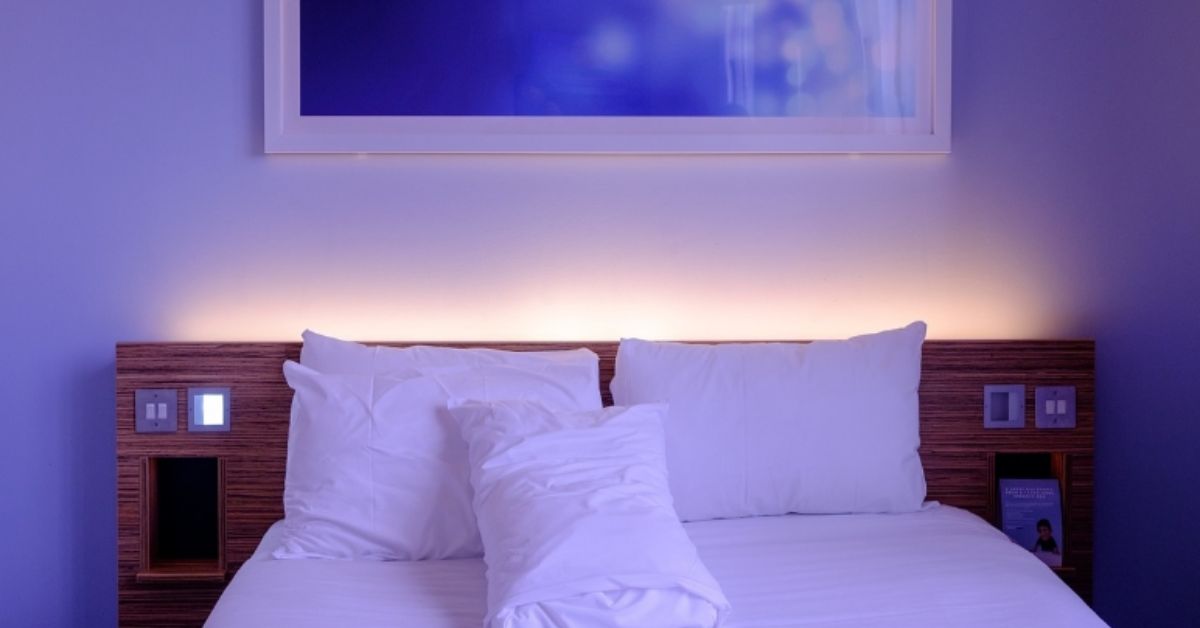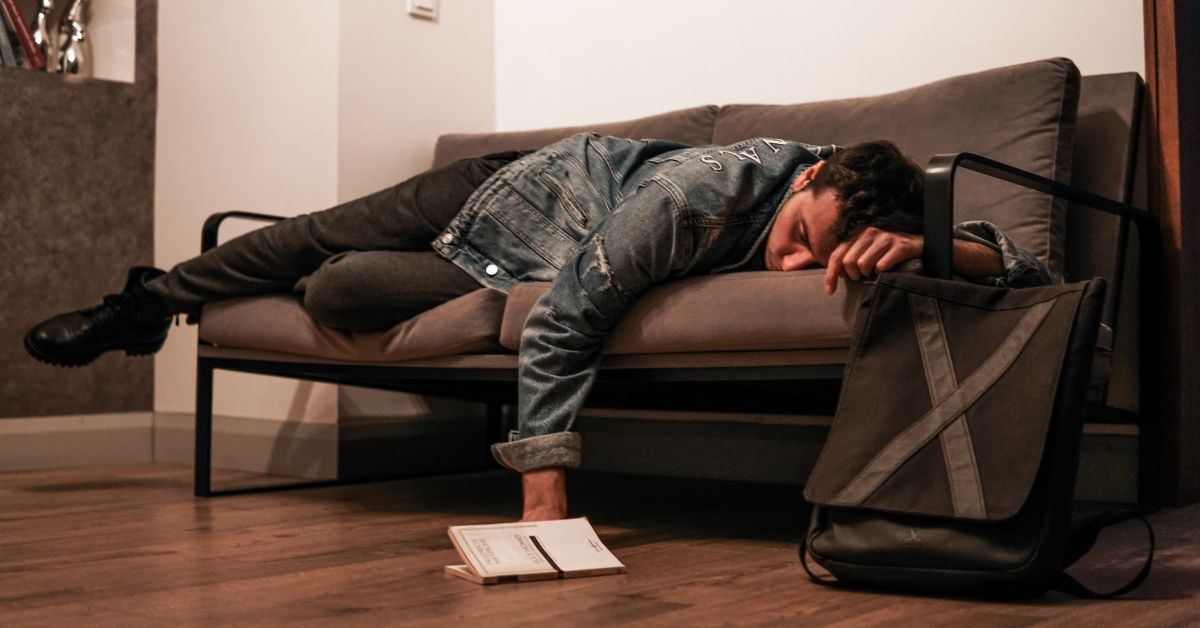Sleep and stress are intertwined with each other. In a recent survey, it was found that close to 40 percent of people were not getting the recommended amount of rest. If you feel you are not getting enough rest, you are not alone. On a day to day basis, you encounter a lot of stressful factors, such as: driving, co-workers, work, relationships, and personal choices. It is best to consult a sleep study doctor if you experience any of the following topics discussed.
How Do Stress and Sleep Become Correlated?
Chronic stress and sleep have a great correlation with each other because the human body is not designed to get great, rewarding sleep while feeling stressed.
Your body handles stress by releasing more hormones, which more often than not, include adrenaline and cortisol. Both adrenaline and cortisol are the main stress hormones. When these two hormones are released, your body will simultaneously release more sugar and glucose into the bloodstream which causes a spike in blood pressure. When your blood pressure rises, it causes your body to respond at a higher rate than normal.
After cortisol and adrenaline are released, and your blood pressure increases, your heart will start to pump fast and your mind will start to race. This reaction is known as the “fight-or-flight” response. The fight-or-flight response is an automotive response that triggers a survival instinct that kicks in when you are facing or your body feels like it is facing danger.
When your body goes into fight-or-flight mode, it tends to derail the quality of sleep you can get. When you are stressed, your body’s normal response is to stay awake.
Stress and Sleep
Like we’ve stated above, stress and sleep are in a connected relationship, hence the correlation. The links between stress and sleep can be complex, but listed below are several ways that stress can affect your sleep.
- Trouble falling asleep: Stress can increase how long it takes for an individual to fall asleep at night. With a higher stress level, it will take longer than normal for you to fall asleep or experience insomnia, which is a common sleep disorder among many individuals.
- Stress Dreams: When you face a stressful event, it can cause you to have an increase in the frequency and severity of nightmares. Nightmares can become more common and worsen over time with constant and severe stress.
- Altered Sleep Architecture: While researchers are still learning about the effects of stress on sleep architecture, stress can reduce the slow-wave sleep. Slow wave sleep is important to maintain your physical and mental health. Lack of sleep can not only affect your slow wave sleep, but also your REM sleep.
Reach out and schedule your next appointment with a sleep center in Jacksonville, Jax Sleep Center. We will be able to discuss all of your symptoms and the sudden onset of stress and lack of sleep.






